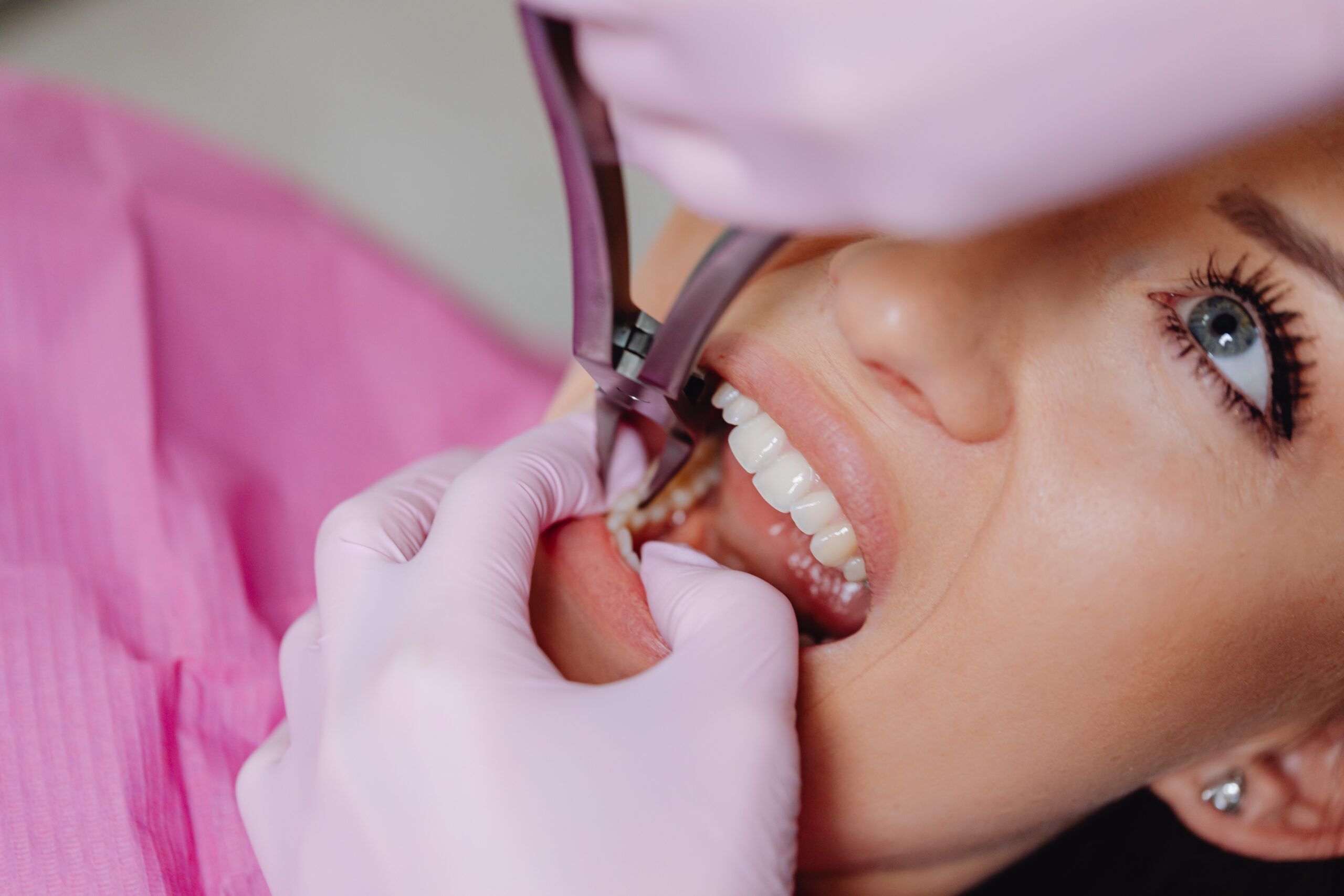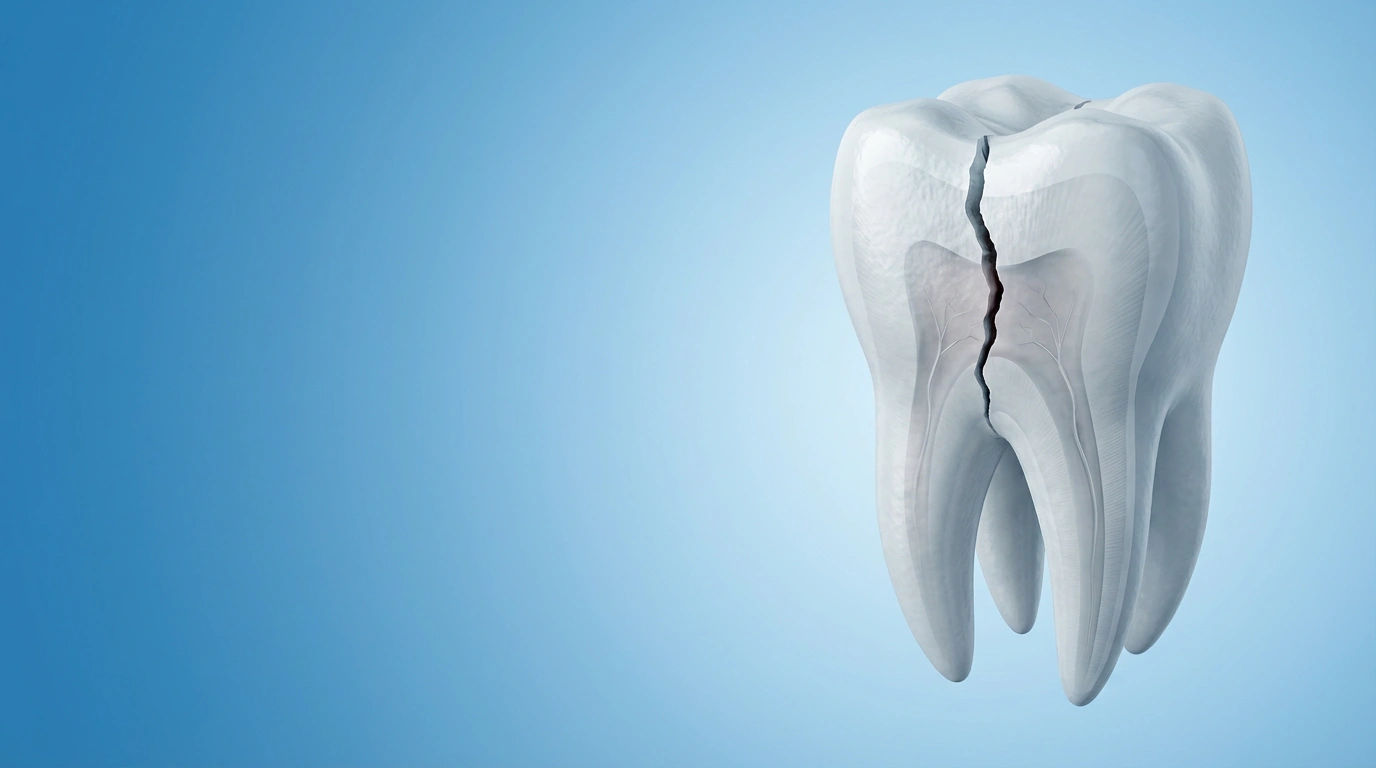Understanding Wisdom Tooth Removal: What You Need to Know

Wisdom teeth, also known as third molars, are the final set of molars that typically appear in late adolescence or early adulthood, usually between the ages of 17 and 25. These teeth are remnants from our evolutionary past when our ancestors had a different diet that included more coarse and tough foods. As our diet evolved, our jaws became smaller, often leaving insufficient space for wisdom teeth to emerge properly.
Not everyone will require wisdom tooth removal, but for many, it's a necessary dental procedure. The primary reason for their removal is the potential for dental complications and discomfort that can arise due to their late eruption and often awkward positioning in the mouth.
Having a clear understanding of the wisdom tooth removal procedure is crucial because it empowers patients to make informed decisions about their oral health. This knowledge can help alleviate fears and anxieties, making the process less daunting. Lets focus on understanding wisdom tooth removal procedure in following sections:
1: When Wisdom Tooth Removal is Necessary
- Crowding and misalignment
- Impaction and pain
- Infection and swelling
- Damage to adjacent teeth
- Decayed wisdom teeth
2: Preparing for Wisdom Tooth Removal
- Consultation with a dentist or oral surgeon
- Dental X-rays and assessment
- Anesthesia and sedation options
- Pre-operative instructions and restrictions
- Arranging transportation
3: The Wisdom Tooth Removal Procedure
- Surgical vs. non-surgical extraction
- Incision and tooth extraction process
- Potential complications and risks
- Duration of the procedure
- Post-operative care
4: Recovery and Aftercare
- Managing pain and swelling
- Eating and drinking guidelines
- Oral hygiene during recovery
- Follow-up appointments
- Long-term oral health considerations
Certainly, let's expand on each section and subsection with more detailed content.
1: When Wisdom Tooth Removal is Necessary
This section delves into the various reasons why wisdom tooth removal might become necessary, offering a detailed explanation for each scenario:
- Crowding and Misalignment:
Wisdom teeth often emerge at an angle or in a direction that disrupts the alignment of existing teeth. As a result, they can cause overcrowding, shifting of teeth, and even changes to your bite. This can lead to aesthetic and functional problems, making removal a viable solution.
- Impaction and Pain:
Impacted wisdom teeth are those that don't have enough room to grow properly, causing them to become trapped within the jawbone or gum tissue. This can lead to intense pain, swelling, and discomfort as the tooth attempts to force its way through. In severe cases, it can result in infections and cyst formation.
- Infection and Swelling:
Impacted wisdom teeth can create pockets where bacteria and food particles become trapped, leading to painful infections. This infection can manifest as redness, swelling, and a foul taste or odor in the mouth. In severe cases, it can lead to gum disease and even damage to the jawbone.
- Damage to Adjacent Teeth:
The pressure exerted by wisdom teeth as they attempt to emerge can cause significant damage to neighboring teeth. This may include fractures, chips, or misalignment, necessitating additional dental work to correct the issues.
- Decayed Wisdom Teeth:
The location of wisdom teeth at the back of the mouth makes them challenging to clean properly. Inadequate cleaning can result in the development of cavities and decay. Left untreated, this decay can progress to more extensive dental issues, such as gum disease and infection.
2: Preparing for Wisdom Tooth Removal
This section guides readers through the necessary preparations for wisdom tooth removal:
- Consultation with a Dentist or Oral Surgeon:
The initial consultation is a crucial step in the process. During this appointment, your dentist or oral surgeon will assess your oral health, discuss your symptoms, and review your medical history. They will also explain the reasons for extraction, what to expect during the procedure, and answer any questions or concerns you may have.
- Dental X-rays and Assessment:
Dental X-rays, including panoramic X-rays and 3D imaging, are often used to provide a clear view of the wisdom teeth's position and condition. These images help the dental professional determine the best approach for extraction and assess any potential complications.
- Anesthesia and Sedation Options:
Depending on the complexity of the procedure and your personal preferences, your dentist or oral surgeon will discuss anesthesia and sedation options with you. These may include local anesthesia (numbing the extraction site), conscious sedation (which relaxes you but allows you to remain awake), or general anesthesia (where you are completely unconscious during the procedure).
- Pre-operative Instructions and Restrictions:
Before the day of the surgery, your dental care provider will provide you with a set of pre-operative instructions. These instructions may include fasting for a certain number of hours before the surgery, avoiding certain medications, and refraining from smoking. Following these instructions is essential to ensure a successful procedure.
- Arranging Transportation:
It's important to have a plan in place for transportation to and from the dental office or surgical center on the day of the procedure. Due to the effects of anesthesia, you will likely not be in a condition to drive safely afterward. Arrange for a responsible adult to accompany you to the appointment and drive you home afterward.
3: The Wisdom Tooth Removal Procedure
This section provides a comprehensive overview of what happens during the wisdom tooth removal procedure:
- Surgical vs. Non-surgical Extraction:
In most cases, wisdom tooth removal is a surgical procedure. Surgical extraction is necessary when the tooth is impacted, meaning it hasn't fully erupted from the gum or has only partially emerged. Non-surgical extraction may be an option for fully erupted wisdom teeth that can be easily accessed.
- Incision and Tooth Extraction Process:
For surgical extraction, your dentist or oral surgeon will make an incision in the gum tissue to access the wisdom tooth and surrounding bone. In some cases, the tooth may be divided into smaller pieces for easier removal. After extraction, the incision is typically closed with sutures.
- Potential Complications and Risks:
While wisdom tooth removal is generally safe, it's essential to be aware of potential complications. These can include temporary numbness or tingling in the lips, tongue, or chin due to proximity to nerves, infection, bleeding, and, in rare cases, damage to adjacent teeth or sinus cavities. Your dental professional will discuss these risks with you before the procedure.
- Duration of the Procedure:
The duration of the wisdom tooth removal procedure varies depending on several factors, including the number of wisdom teeth being removed, their position, and the complexity of the extraction. On average, a single tooth extraction can take around 45 minutes, but it may be longer for more complex cases.
4: Recovery and Aftercare
This section guides readers on what to expect after the procedure and how to facilitate a smooth recovery:
- Managing Pain and Swelling:
After the extraction, it's normal to experience some pain, swelling, and discomfort. Your dentist or oral surgeon will prescribe pain medications or recommend over-the-counter options to manage pain. Applying ice packs to the affected area can help reduce swelling.
- Eating and Drinking Guidelines:
During the initial recovery period, it's advisable to stick to a soft diet that is easy to chew and swallow. Avoid hot and spicy foods and alcohol, as these can irritate the surgical site. Gradually reintroduce regular foods as your comfort level improves.
- Oral Hygiene During Recovery:
Maintaining proper oral hygiene is crucial for preventing infection and ensuring a smooth recovery. You can usually start gentle rinsing with warm salt water 24 hours after the procedure. Be careful not to disturb the surgical site while brushing your other teeth.
- Follow-up Appointments:
Your dental care provider will schedule follow-up appointments to monitor your healing progress. These appointments are essential to ensure that the extraction site is healing correctly and to address any concerns or complications that may arise.
- Long-term Oral Health Considerations:
It's important to recognize that wisdom tooth removal can have a lasting impact on your oral health. After the procedure, your dental professional may discuss future dental plans, such as orthodontic treatment if there was significant crowding or changes to your bite. Regular dental check-ups and good oral hygiene practices are essential to maintaining a healthy smile.
In conclusion, wisdom tooth removal is a smooth procedure provided performed by an expert. it is important to find the best dentist for your wisdom tooth removal who will make you understand and guide through the procedure.
- A-3, Natraj Nagar near Imli Phatak, Jaipur-302015
- +91 9945826926
- contact@amddentalclinic.com

Is a Dental Implant the Only Option for Replacing a Missing Tooth?
Discover alternatives to dental implants for missing teeth! Explore expert insights from Dr. Mili Gupta at AMD Dental Clinic. Read now to learn more!

Why Dentists Recommend Dental Implants Over Bridges & Dentures | Expert Guide by a Prosthodontist in Jaipur
Discover why dental implants are preferred over bridges & dentures. Learn expert insights from Dr. Mili Gupta at AMD Dental Clinic, Jaipur. Read now!

Why Tooth Fractures Are Rising: A Modern Dental Concern You Shouldn’t Ignore
Discover why tooth fractures are increasing and how AMD Dental Clinic can help protect your smile. Learn causes, prevention tips, and expert solutions today!

